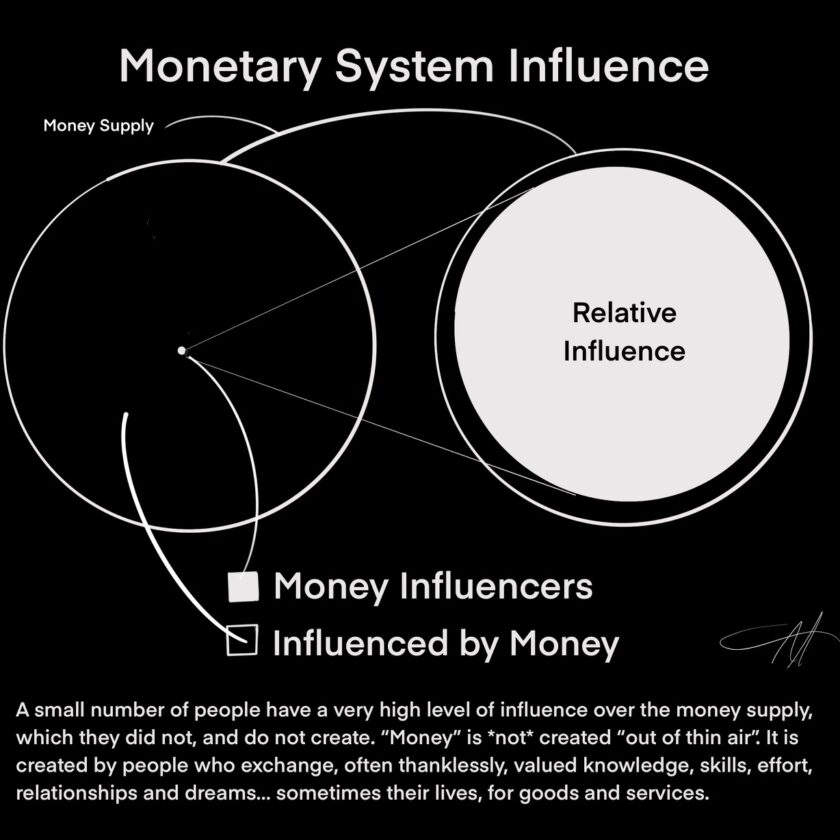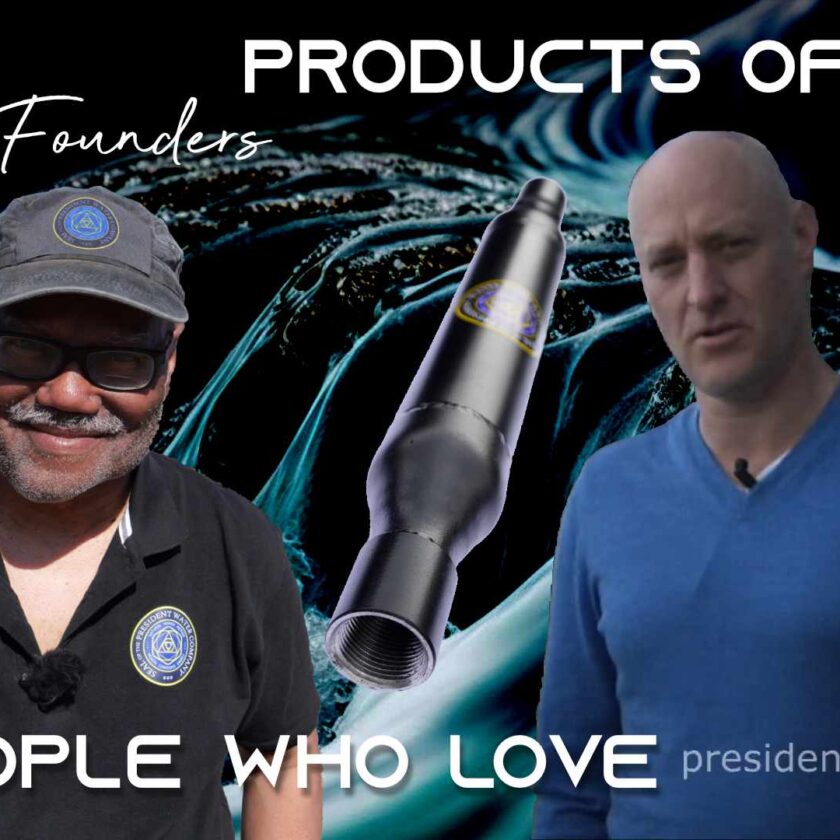‘Black People Can’t Be Racists’, and Other Myths
In roughly two and a quarter centuries the United States of America has experienced a dramatic shift in its racial attitudes. Founded on the principle that all men are created equal, but steeped in the 18th Century’s practical reality of slavery, race relations in America have been likened to a “black eye” on the nation’s psyche. Both racism’s ghost and its stigma continue today, albeit with an alarming juxtaposition. Today black Americans are the most overt voices of racism; a fact that many will either vehemently deny, or sanctimoniously justify.If there has been a change in the racial thinking of “white America,” some vocal black “leaders” appear unwilling to acknowledge it. They could begin by dropping the “white” qualifier when referring to America. Beyond that, they could consider changing blanket views of “white” people, and of “black” people. (What would some black comedians do if they stop relying on racial jokes?)
Perhaps it is because America has indeed changed that some black activists doggedly attempt to sell the idea that a measure of restitution is necessary through a guilt dividend, which can come in many forms; from reparations, to “special” (meaning lower) race-factored academic admissions and hiring standards. However, these strategies tend to maintain the status quo, greasing the palms of too few, at the perceptual expense of too many.
Neither racially hypersensitive individuals, nor a hypersensitive society can move toward any worthwhile goals together if factionalism is allowed to be crowned “king”. Open communication, patience, and cooperation can quell hypersensitivity enough to give real issues a chance to surface, be known, worked at, and resolved. This process is important because, even though every individual holds title to his or her opinion, said opinion does not have to be based on factual or complete information, or be unbiased. Without the willingness to patiently slog through what may sometimes be tedious and uncomfortable dialogue and rhetoric, heart-felt desires may not get revealed.
When communicating we exchange more than facts in our information. We exchange energy infused with a feeling: i.e., our emotion, passion, or “vibe”. We can pass this feeling verbally and through non-verbal communication.
In this way, many black folk—having never actually experienced the extreme oppression, suffering, and degradation that made racism real—nonetheless feel, carry, and transmit the animus left by its ghosts, passed down from generation to generation, when encountering what appear to be similar dynamics in their own experience. Hypersensitive and aware, with their emotional “phasers” set on stunned, they see evidence of racism lurking in nooks and crannies of nearly every “questionable” interaction or exchange with whites, with whom they see as social “competitors”, “adversaries”, or in some cases, antagonists.
Believing racism is there makes it “there” for the believer. Sometimes the belief is reality, since it would be foolish to say categorically that racism doesn’t exist. Yes it does, but the power that it wields on any individual, is “set”, and essentially allowed by the individual perceiving the racism. This may be a hard idea for some to embrace, but for those who are willing, it can be like spinach was to Popeye, and bring the strength to begin making changes we are proud of, rather than appealing to others make changes that we then feel apologetic or defensive about.
Some black people use and treat racism like a drug. Opportunists in a racially retentive society, they pass racism around to any open mind like pushers pass crack cocaine to new customers. Instead of a euphoric “high,” racism gives its addicts a profound and depressing low, sapping not only energy, income, and hope, but also the kind of intelligent and rational thought that leads to solutions, innovation, happiness, and real freedom.
Sometimes, a belief is a belief alone, existing only in the reality of the believer’s mind. It feels like reality to the believer, and to a few others. Yet, that is often all a black person needs to be convinced that his or her belief about racism is everyone’s reality. It is a convenient way to explain and even justify one’s own discontent while requiring no introspection. Simply find “fault” in someone else. Then, all rational alternatives and potential solutions to the individual’s real problem are thrown out the window.
If we can agree that what we believe about racism (or any ism) is not always what is, we might not be so intent on proving ourselves “right” by feeding the need to make someone else “wrong”. We might begin to respect, and open our mind more readily to other points of view. We might then learn the difference between what is real and what is “real”. More importantly, we may then tap into our own power to transform the negative realities in our own life that need to be transformed. One must deal with his or her own life before he or she can take on the world.
Racist ideas poison a mind more insidiously than any drug, for they can be embraced by anyone. They leave no trace of their presence, and little hope in one’s mind of solution. To make matters worse, the “pimps” and “pushers” of racism, who can be of any color, often appear to be “getting over.” They strike a chord with an audience, and actually prosper, gaining respect and stature. But they do not create healthy states of mind. When racism is thrown into an issue without giving genuine respect and consideration to all other possibilities, its pimps and pushers succeed in keeping themselves, and everyone who supports their point of view, down.
We live in a reality where one can appear to be getting over, but be down, or appear to be down in the dumps, but is loving life. Racism is based on a fallacious perception of appearances and consequent judgments thereon. The fallacy is of inequality, of disconnect, of better than and worse than, of higher and lower. While they exist and hold influence, none of these ideas are true. We are equal. We are one. No one is better or worse than another. No one is higher or lower. We all have choices, visions, and dreams. We all have power. What is not the same from one person to the next, is awareness. We make choices from the place of awareness that we happen to be at. BUT… even that will change, of this, you can be sure.





You got that right Carol. He is in duality up to his eyebrows… doesn’t really know who he really is.
Racist rhetoric is neither black or white specific…
http://www.myspace.com/kambonkamau
This Brother has not yet learnt that LOVE is the only answer….always was…always will be and people consciousness when LOVE and forgiveness (mandatory Soul Schoolmodules) are activated….
Unflammatory rhetoric and calls to kill the perceived opressor are the mark of a soul still at the adolescent, angry young Warrior state and stage of unfoldment…